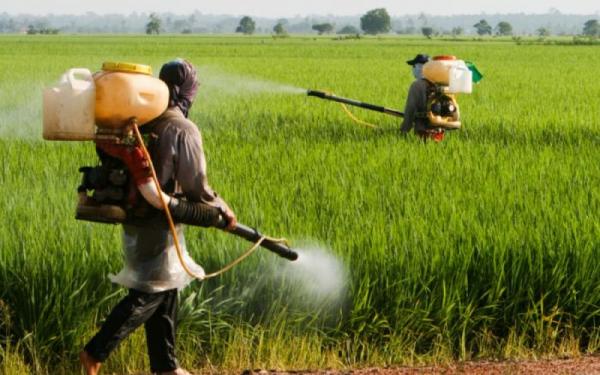| The consumption pattern of the Senegalese is not the best. Several facts contribute to this poor diet, according to the director of the research laboratory on economic and social transformations, Professor Abdou Salam Fall. He took part yesterday, Tuesday, August 3, in the webinar on food policies in Senegal organized by Cicodev, Africa, in partnership with the Alliance for Food Sovereignty in Africa (Afsa) and Sos Faim. |
| For him, “what we consume does not always respect the standards of food safety and this is an essential element”. Abdou Salam Fall to explain that the Senegalese have habits of consuming too much salt, sugar and fat. “The standards for salt consumption are 5g per day per individual. What we consume according to the data available in the laboratories of the University of Dakar, shows a consumption between 20 to 30 g / day and per individual; so 4 to 5 times more than the standard, “he explains.
According to Professor Abdou Salam Fall, food dependency is quite high and that products that are heavily consumed are now in the sights of countries like the USA. “We are very dependent on imports, including in areas where we thought we were autonomous, such as cereals. For example, for millet, we are in danger of facing competition because the Americans have become aware of its nutritional value. Once reserved for animal consumption, it is now more and more available for human consumption. Enormous research efforts are being made in the field of millet genetics in this country. Other local products are currently exported. “Non-timber forest resources are under threat. These are Moringa, ditakh, Bouye, Soump and several other plant species that are overexploited because of this export. Asian countries are very fond of them. Not a week goes by without a shipment leaving Dakar. But their nutritional capacity is so strong,” says Professor Fall. Among the problems identified, there are also “many hesitations to switch to organic”. The use of pesticides remains dangerous, “there are huge problems with the use of pesticides. They allow a strong productivity but in return poses enormous damage”, he underlines. There is the need to focus on the domestic market. “When a production is made we think more about export than the domestic market, which is however huge. Recent data show that in 2019, we were at 46% of middle class. There is an expansion of it which shows that the domestic market is solvent and expanding, “he says. THE RELIGIOUS PRIVILEGES OF AGRICULTURAL INPUTS TO THE DETRIMENT OF FAMILY FARMS “The inputs that are available go more to large producers who are often religious guides than to family farms,” deplores Abu Salam Fall, while also pointing out that “the strong presence of supermarkets of large groups of foreign investors competes with local trade, which also suffers from the hygienic conditions in which it is carried out. In addition, “access to Moroccan products, often low-end to the domestic market poses a serious threat to local production in the field of fruit and vegetables. Among the difficulties, there is also the low production despite the existing opportunities. The factors that explain it are, according to Professor Abdou Salam Fall, “a dependence on rain-fed agriculture, the difficulty of access to factors of production, the lack of mastery of technical itineraries is still to be established finally the orientation of investments in the direction of the family farm. According to Professor Fall, “local production is poorly preserved and processed despite the existence of projects. There is also in his opinion, “the fact that the market price is poorly regulated, which gives the opportunity to intermediaries and therefore does not allow producers to make better profits. Faced with all the problems listed, he recommends an awareness of food and food education and nutrition in school lessons from an early age. There is also the need to develop strategies that contribute to a healthy and sustainable diet and the regulation of the sale and marketing of food around schools for a diet that respects the habits of responsible consumption. For Abdou Salam Fall, “it is essential to bring consumption to the standards set by the WHO. It is also important to promote the food habits of our regions based on local products”. Source: https://www.sudonline.sn/ of August 4, 2021 |
THE DANGERS OF CONSUMPTION

